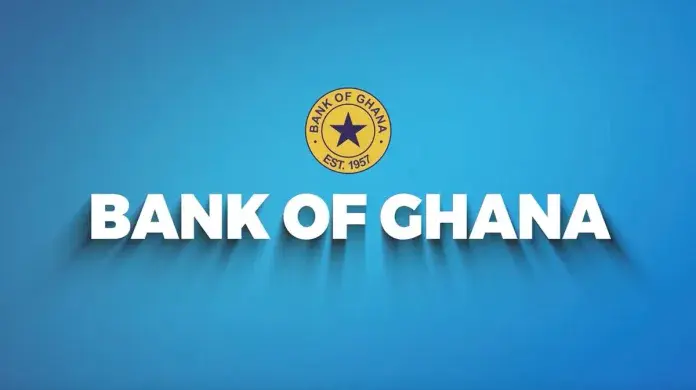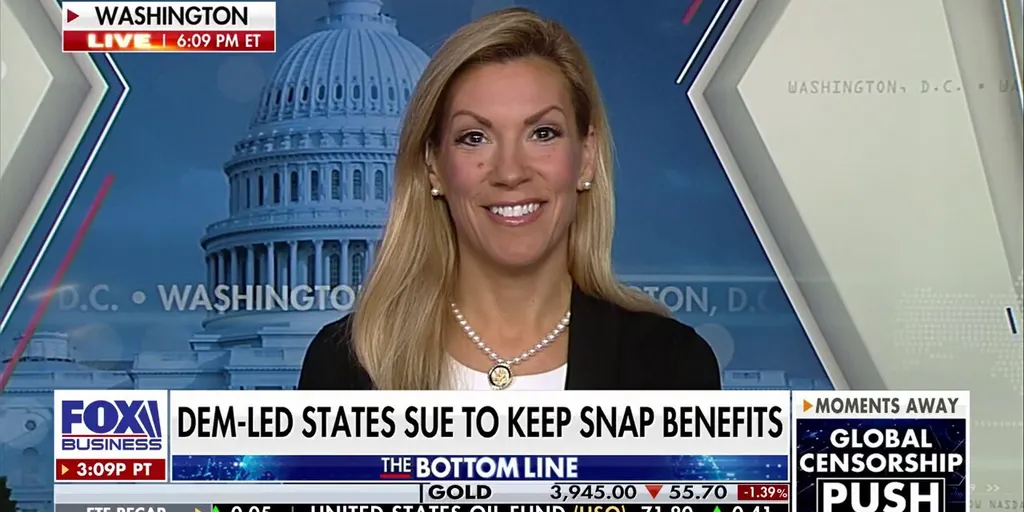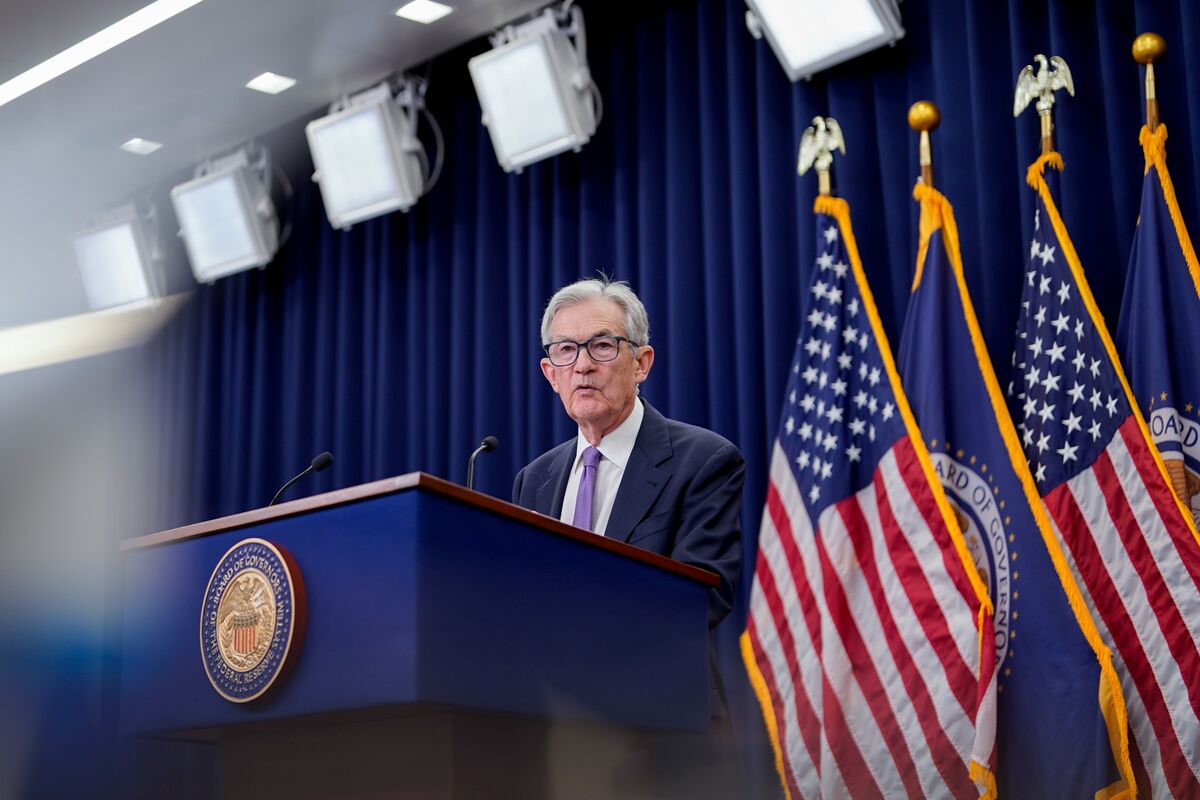Copyright ghanamma

The Bank of Ghana has issued its strongest warning yet to exporters who fail to repatriate foreign earnings, threatening fines of up to 5,000 penalty units, imprisonment for up to 10 years, or both. The October 30, 2025 directive represents a significant tightening of enforcement as the central bank battles to stabilize Ghana’s depleting foreign exchange reserves. Under the new rules, all exporters must repatriate their export proceeds through authorized banks within 120 days of shipment. That timeline extends the previous 60-day requirement, but the BoG has made clear it won’t tolerate further delays. The central bank allows one extension of 60 days, which shall only be approved upon the submission of reasonable and well-documented justification by the exporter, to the satisfaction of the Bank. Exporters may also request cancellation of Letters of Commitment, subject to the submission of adequate justification. But the message is unmistakable: bring the money home or face serious consequences. The BoG stated that all Authorized Dealer Banks shall ensure strict compliance with this notice and promptly communicate its provisions to their exporter clients. The warning carries teeth through Section 15(4) of the Foreign Exchange Act, 2006 (Act 723), which empowers authorities to prosecute non-compliant exporters. That law has existed since 2006, but enforcement has been spotty at best. The BoG’s new directive suggests a more aggressive approach, with consequences section repealed from the previous 2016 notice and replaced with stricter requirements. The central bank explained that the measure aims to strengthen oversight of the foreign exchange market, improve traceability of export proceeds, and protect Ghana’s foreign exchange reserves. Those aren’t just bureaucratic concerns. Ghana’s Gross International Reserves have been dangerously low, with some periods showing less than one month of import cover. When reserves fall that low, the country becomes vulnerable to external shocks and struggles to pay for essential imports. Delayed or unaccounted export proceeds in recent years have contributed to pressure on the cedi and limited foreign exchange liquidity, according to the BoG. The scale of the problem is substantial. A Bank of Ghana official noted in 2023 that evidence had proven about 90 percent of commodities consumed in Ghana are imported, yet proceeds often don’t come back into the economy. Consider what that means for Ghana’s economic stability. The country targets US$25 billion from exports by 2029, but if those earnings remain abroad rather than being repatriated, Ghana can’t use them to build reserves, pay for imports, or fund development projects. It’s like working a job where your paycheck goes to someone else’s bank account. Authorized banks now face heightened responsibility. They’re required to monitor export accounts closely and report any unexplained delays or breaches to the BoG. That makes commercial banks active enforcers of the repatriation requirement rather than passive intermediaries. Banks that fail to report violations could face their own regulatory consequences. The BoG described the directive as part of broader efforts to instill discipline in the export sector and safeguard the stability of the local currency. Discipline is a polite way of saying the central bank believes too many exporters have been gaming the system, keeping earnings abroad to benefit from more stable foreign currencies while Ghana’s cedi depreciates. The Letter of Commitment system, introduced by the BoG in 2016, was designed to track export proceeds through the Integrated Customs Management System. It’s a web-based export document that accompanies all exports from Ghana, allowing the central bank to monitor whether proceeds actually return. Despite that monitoring system being in place for nearly a decade, compliance has remained a challenge. Ghana loses huge sums annually because exporters fail to repatriate as required. When exporters export and don’t repatriate, they deny the country foreign exchange earnings that could strengthen the cedi, build reserves, and finance development activities. That’s not a theoretical problem; it has direct consequences for exchange rates, import capacity, and economic stability. The extension of the repatriation period from 60 to 120 days suggests the BoG recognizes that international transactions can be complex. Buyers might delay payments, disputes over quality or quantity might arise, or banking channels might face processing delays. By doubling the initial timeframe and allowing one 60-day extension under justified circumstances, the central bank has tried to balance enforcement with commercial reality. But there’s a limit to that accommodation. No extensions beyond the first one will be granted, making the absolute maximum repatriation period 180 days, or six months. After that point, exporters either need to demonstrate legitimate reasons for canceling the LOC or face potential prosecution under the Foreign Exchange Act. The 5,000 penalty units translate to significant fines under Ghana’s penalty unit system. When combined with the possibility of ten years imprisonment, these aren’t slap-on-the-wrist consequences. The BoG is signaling that it views failure to repatriate as a serious offense that undermines national economic interests, not just a technical violation of administrative rules. There’s also a national security dimension. When foreign exchange reserves drop to critically low levels, Ghana’s economic sovereignty becomes compromised. The country loses negotiating power with international creditors, struggles to defend the currency, and may be forced into unfavorable agreements with multilateral institutions. Ensuring that export earnings return home is therefore not just about money; it’s about maintaining economic independence. The exchange rate implications are direct. When exporters keep earnings abroad, there’s less foreign currency available in Ghana’s market. That reduced supply drives up the price of foreign currency relative to the cedi, making imports more expensive and contributing to inflation. Ordinary Ghanaians feel those effects every time they buy imported goods or products containing imported components. Some exporters might argue they keep earnings abroad because of Ghana’s own economic instability. Why repatriate to a currency that’s depreciating when you could hold dollars, euros, or pounds that maintain value better? That logic makes sense from an individual perspective but creates a collective action problem. When everyone tries to protect themselves by keeping earnings abroad, they worsen the very instability they’re trying to avoid. The BoG’s approach recognizes this dynamic. By making non-repatriation illegal with serious consequences, the central bank is trying to prevent the tragedy of the commons where individually rational decisions create collectively disastrous outcomes. It’s essentially saying: we understand your incentives, but the country’s interests must take priority. Ghana’s export sector includes both traditional commodities like gold, cocoa, and oil, and non-traditional exports like agricultural products, manufactured goods, and services. Non-traditional exports have been growing, increasing by 17 percent from 2020 to 2021 according to Ghana Shippers Authority data. But that growth only benefits Ghana if the earnings actually return. The National Export Development Strategy envisions growing non-traditional exports from US$2.8 billion in 2020 to US$25.3 billion in 2029. That’s an ambitious target requiring a competitive, export-led industrialized economy. But it also requires that those export earnings contribute to Ghana’s foreign exchange reserves rather than sitting in foreign accounts. Critics of aggressive repatriation requirements might point out that forcing exporters to bring earnings home at unfavorable exchange rates or during periods of currency volatility effectively imposes a hidden tax. If an exporter brings home proceeds when the cedi is weaker and loses value in the conversion, that’s a real cost. But the BoG would counter that maintaining adequate reserves benefits everyone by stabilizing the overall economic environment. The directive takes immediate effect, having come into force on October 30, 2025. That means exporters can’t claim they weren’t aware or needed transition time. The rules apply to all current and future export transactions, with the 120-day clock starting from the date of shipment. Banks are positioned as gatekeepers in this system. They issue the Letters of Commitment, monitor compliance, and report violations. That makes commercial banks essential partners in enforcement, but also potentially puts them in awkward positions with clients. A bank that aggressively reports violations might lose business to competitors viewed as more accommodating, creating pressure to look the other way. The BoG’s insistence that banks must ensure strict compliance and communicate the requirements to exporter clients suggests the central bank is aware of this dynamic. By making compliance a regulatory requirement for banks themselves, not just for exporters, the BoG removes the competitive advantage of leniency. All banks must enforce the rules or face their own regulatory consequences. What happens to exporters who genuinely can’t repatriate because buyers haven’t paid or have gone bankrupt? The provision allowing LOC cancellation subject to adequate justification provides an escape valve for legitimate cases. But exporters will need documentation proving their situation, not just claims of difficulty. The recalcitrant exporters who ignore requirements face more than just fines and imprisonment. Under the LOC regime, non-compliant exporters can be blocked from undertaking any export activity in the country. Lists of blocked exporters are prepared weekly and forwarded to security agencies, especially the Criminal Investigations Department, for further investigation and prosecution. That creates serious business consequences beyond legal penalties. An exporter blocked from using official shipment procedures effectively loses their ability to conduct legitimate business. For companies whose entire model depends on exporting Ghanaian products, that amounts to a death sentence for the business. The broader context includes Ghana’s ongoing struggle with foreign exchange shortages. Multiple factors have contributed, including high import dependency, limited export diversification beyond a few commodities, and periodic balance of payments pressures. The repatriation issue represents one piece of a larger puzzle, but it’s a piece the BoG believes it can actually control through enforcement. Some observers might question whether criminally prosecuting exporters is the best approach. Could positive incentives work better than threats? Perhaps offering favorable exchange rates for repatriated funds or tax breaks for compliant exporters would generate more voluntary cooperation. But the BoG has apparently concluded that after years of trying to encourage compliance, it’s time for tougher enforcement. The next few months will reveal whether the enhanced penalties and stricter monitoring produce better compliance. If exporters believe enforcement is serious and violations will actually result in prosecutions, behavior should change. But if the directive turns out to be another paper tiger with limited follow-through, exporters might continue finding ways to delay or avoid repatriation. For Ghana’s economic managers, the stakes couldn’t be higher. Adequate foreign exchange reserves are essential for economic stability, import financing, debt servicing, and maintaining international confidence. If the tougher repatriation rules succeed in bringing more export earnings home, they could contribute to stabilizing the cedi and rebuilding reserves. If they fail or drive export activity underground, the problems might worsen.



